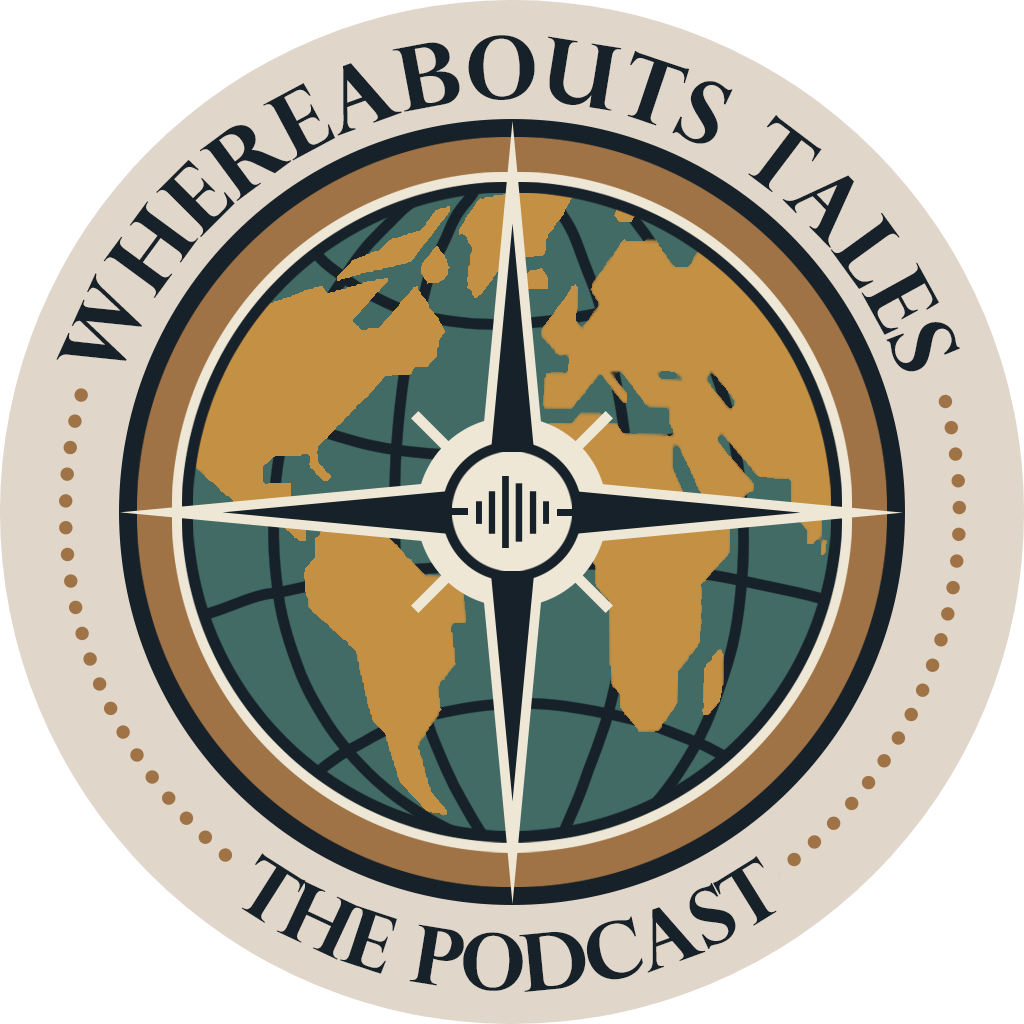Bridging Timelines and Stone Giants: A Journey Through Ancient Clues and Quantum Possibilities
Episode #0029
What happens when you mix the Book of Enoch, Graham Hancock, quantum chips, and a healthy skepticism toward the idea that “the science is settled”? You get a mind-bending conversation like the one between Paul Puscas and Greg Dizzia of Cosmos University—a dialogue that dances between dusty ruins, cosmic portals, and the coded language of molecules and myth.
Let’s try to make sense of the beautiful chaos, shall we?
Science or Spirituality? Why Not Both?
Paul kicks things off by sharing his fascination with the intersection of the spiritual and the scientific—specifically, how ancient scripture and quantum computing might be saying similar things in different dialects. Greg, not one to shy away from bold ideas, introduces a tantalizing theory: the quantum chip his team designed may exist simultaneously across infinite universes. When switched on, it might even communicate across those dimensions to solve problems in parallel.
Wild? Definitely. But also oddly plausible when you’re deep in the rabbit hole of theoretical physics and mysticism.
Ancient Maps and Forgotten Kings
From here, the conversation steps back—way back. Inspired by Graham Hancock’s controversial yet compelling research, Greg walks us through the uncanny global similarities between ancient sites: Egypt, Bolivia, Cambodia. The implication? A lost global civilization, or at the very least, a shared knowledge that survived an earth-shaking flood.
There’s a theory buried in the Book of Enoch: 10,000 years after a great flood, a messianic figure would arrive. The math weirdly checks out when you count from a cataclysm around 10,000 BC to the birth of Christ.
Coincidence? Greg doesn’t think so. And Paul—well, he’s open to making room for new stories in the cracks of the old ones.
Tools That Shouldn't Exist?
And then there’s Egypt. You know, the pyramids we’re told were built in 20 years by pulling ropes and dragging limestone blocks up ramps. Greg points out something that archaeologists often sweep aside: some of the stones found in ancient Egypt weigh over 2,500 kilograms and are carved from pink granite, which is too hard for copper tools. Precision cuts, immaculate polish, and erosion patterns suggest something much older—or at least more advanced—than traditional history allows.
It’s not about dissing mainstream archaeologists; it’s about daring to ask the question, What if we’re wrong?
The Flood, The Genes, and The Watchers
One of the most unsettling (and intriguing) parts of the chat dives into the story of the Watchers—those divine beings in Enoch who allegedly mixed with humans and triggered the Great Flood. According to Greg, Noah may not have been entirely human. Descriptions from ancient texts portray him as ghostly white, with eyes that “lit up the room.”
And here’s the twist: modern genetics backs up a sudden appearance of depigmentation genes around 8500 BC, roughly aligning with when Noah’s children would have moved westward into Europe. A fluke? Or another breadcrumb on a much older trail?
AI, CRISPR, and the Rewriting of Everything
Fast-forward to today, and we’re standing at another threshold: AI and biotechnology are rewriting the rulebook. Greg sees AI not as a tool, but as a leap—a “pattern recognition machine” that’s already outperforming humans in diagnosing diseases and designing new materials. CRISPR is letting us edit genes at the cellular level. And somewhere between pixels and protein folding, there’s the promise of reversing aging and curing disease—not in theory, but in practical application.
But that promise comes wrapped in warnings: Who controls it? Who profits? And what are the risks of rushing ahead without truly understanding the long-term consequences?
When the Dust Settles
As the episode draws to a close, Paul makes a poignant observation: science isn’t settled—it’s just data. And data evolves.
Whether it’s the ancient flood myth echoing in DNA strands or the Vatican hiding stories in plain sight through symbols, one thing is clear: the narrative of who we are and where we came from isn’t finished. It’s just getting started.
So maybe the real story isn’t just ancient. Maybe it’s quantum. Maybe it’s all of the above.
And maybe, just maybe, we’re the ones meant to piece it together.
Listen to the full episode on Whereabouts Tales to hear the complete conversation with Greg Dizzia—and bring a notebook. You're going to want to write this one down.

